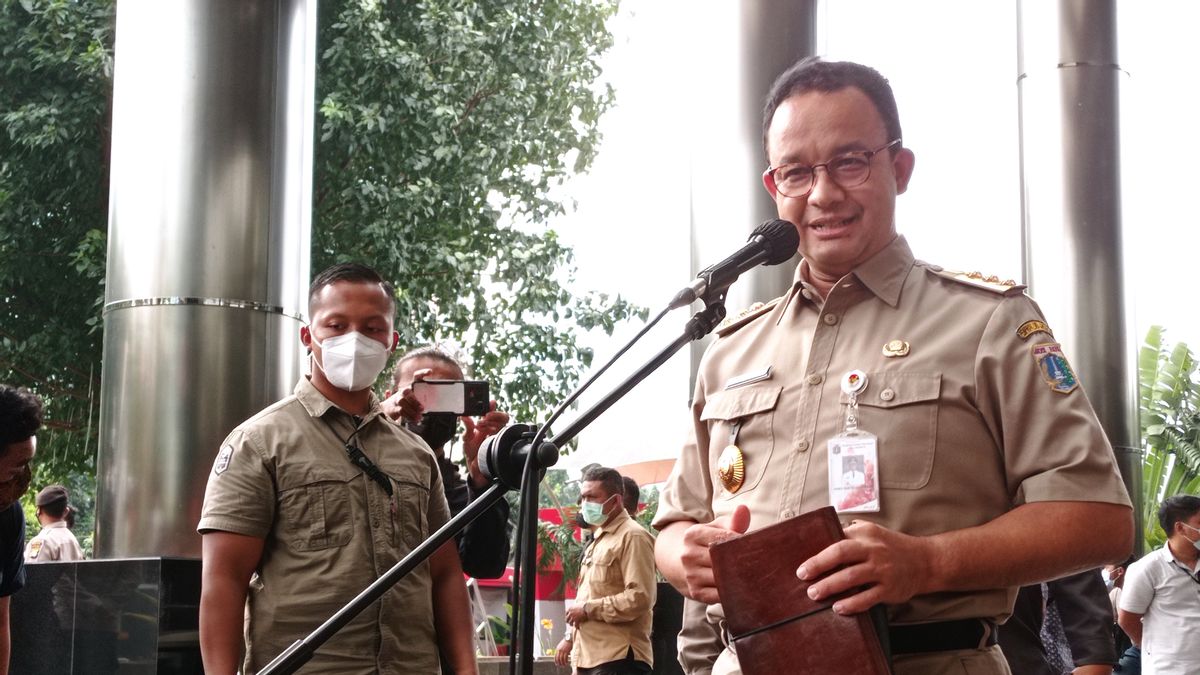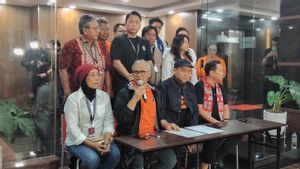JAKARTA - Executive Director of the Jakarta Forum for the Environment (Walhi), Tubagus Soleh Ahmadi, acknowledged that DKI Jakarta Governor Anies Baswedan had issued enough rules and policies for waste management based on proactive strengthening of citizens.
The policy is the Governor's Regulation Number 77 of 2020 concerning Waste Management in the Scope of the Community Pillars. The gubernatorial regulation requires households to sort waste and deposit waste according to a predetermined schedule.
However, Tubagus assesses the implementation of this policy is still weak. His observations are that until now, many residents still do not know about the scheduling of waste disposal in the household scope.
"One year running, Pergub 77/2020 has not shown any progress, even many people at the RW level have not received socialization and information from the kelurahan level and the Environment Agency," said Tubagus in his statement, Monday, February 21.
In addition, continued Tubagus, the increasing number of waste generation in Jakarta Province is the main cause of weak policy implementation and tends to rely on project-based.
Meanwhile, Tubagus views the principles of waste management as mandated by Law Number 18 of 2008 concerning Waste Management are increasingly being abandoned.
This was shown when Anies carried out the construction of waste management using the incinerator method or burning waste in the Tebet area, South Jakarta. Tubagus also asked Anies to evaluate the program.
"Walhi Jakarta urges the DKI Jakarta Provincial Government to immediately abandon the waste management approach based on the burning waste project, and return to the principles of sustainability, justice, awareness, togetherness, safety and security in waste management," he said.
In addition, Tubagus urged Anies to maximize the implementation of the Governor's Regulation No. 77 of 2020 and the Governor's Regulation No. 102 of 2021 regarding the Obligation of Waste Management in Areas and Companies, as an effort to reduce waste at the source level.
"This concept is also the spirit of the birth of the Waste Management Law which departs from the paradigm shift in waste management, which previously rested on the final approach (collect-transport-dispose) which was time to be abandoned," he added.
The English, Chinese, Japanese, Arabic, and French versions are automatically generated by the AI. So there may still be inaccuracies in translating, please always see Indonesian as our main language. (system supported by DigitalSiber.id)













